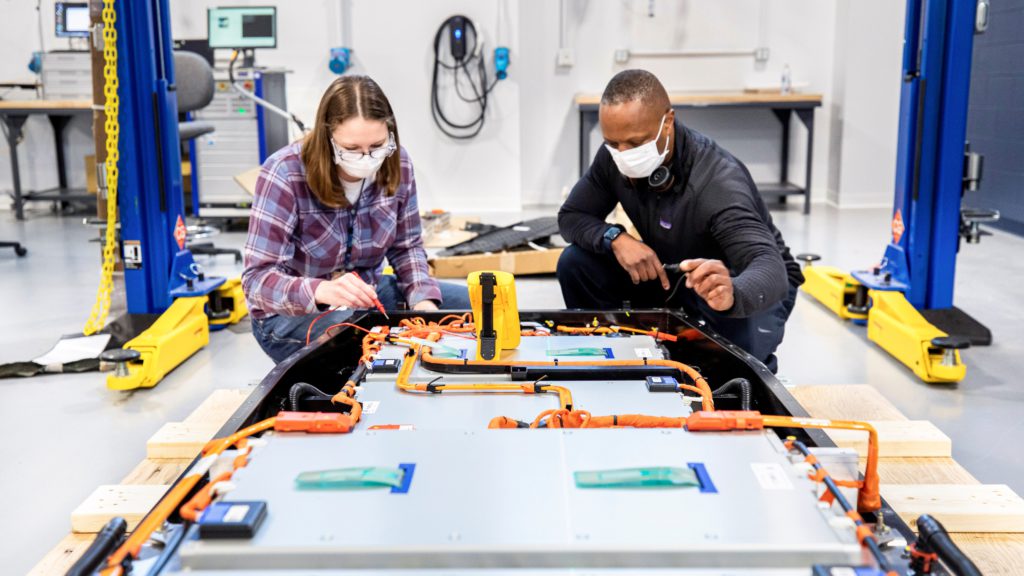Ford takes stake in Indonesia nickel project

Ford Motor Co. will take a direct stake in a battery-nickel plant under construction in Indonesia, deepening its role in the supply chain as carmakers try to secure materials for electric vehicles.
The US automaker joins PT Vale Indonesia and China’s Zhejiang Huayou Cobalt Co. as investors in a project to make an annual 120,000 tons of nickel chemicals for EV batteries, according to a joint statement from the companies. The Pomalaa plant is expected to start commercial production in 2026, with total investment at 67.5 trillion rupiah ($4.5 billion).
The statement did not disclose each company’s share of the investment.
Global carmakers are racing to ensure long-term flows of materials like lithium, cobalt and nickel as demand balloons. While direct investments in mines or refineries are still rare, General Motors Co. has invested in a US lithium miner while Tesla Inc. is interested in buying a lithium producer.
Indonesia is becoming a major source of battery-ready nickel following a wave of refinery investments in the minerals-rich country, mostly by Chinese companies. Ford, which plans to make 2 million EVs a year by the end of 2026, already had an agreement with Huayou to take battery materials derived from the Pomalaa plant.
“This framework gives Ford direct control to source the nickel we need — in one of the industry’s lowest-cost ways — and allows us to ensure the nickel is mined in line with our company’s sustainability targets,” Lisa Drake, vice president for Ford Model e EV industrialization, said in the statement.
Pomalaa is a long-delayed project, and an example of earlier efforts to use “high-pressure acid leaching” technology, or HPAL, to make nickel chemicals from low-grade ores. There are now a number of HPAL plants ramping up in the Southeast Asian nation, but there are still concerns about their environmental credentials.
“The technology remains difficult to develop and ramp up and manage, compared to other conventional nickel production methods and processes,” said Allan Ray Restauro, analyst at BloombergNEF.
{{ commodity.name }}
{{ post.title }}
{{ post.date }}




Comments